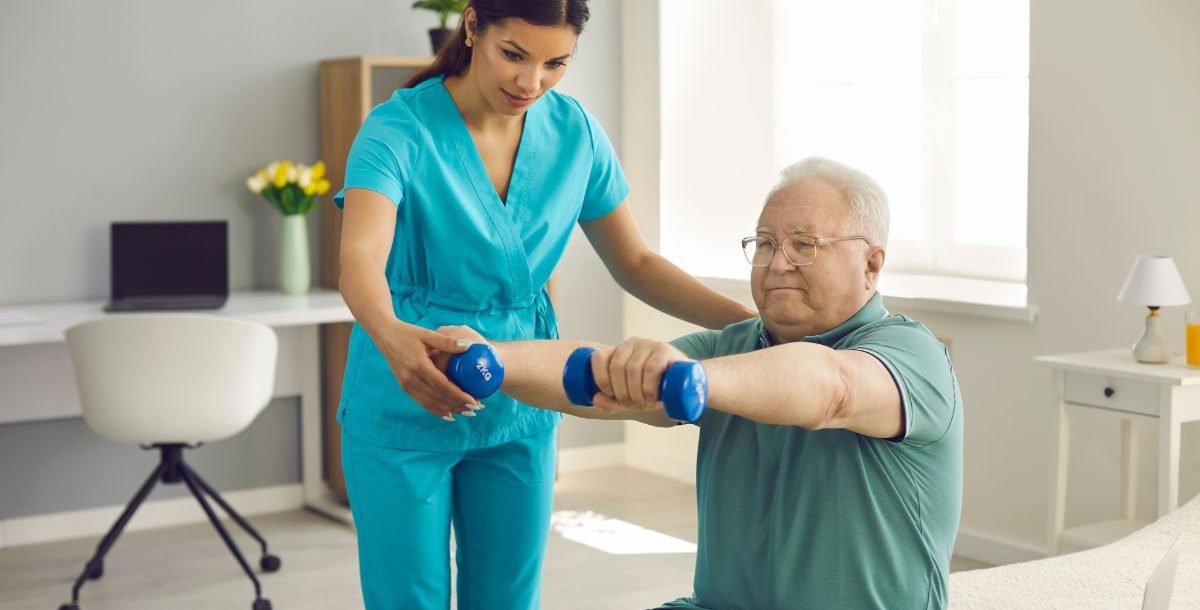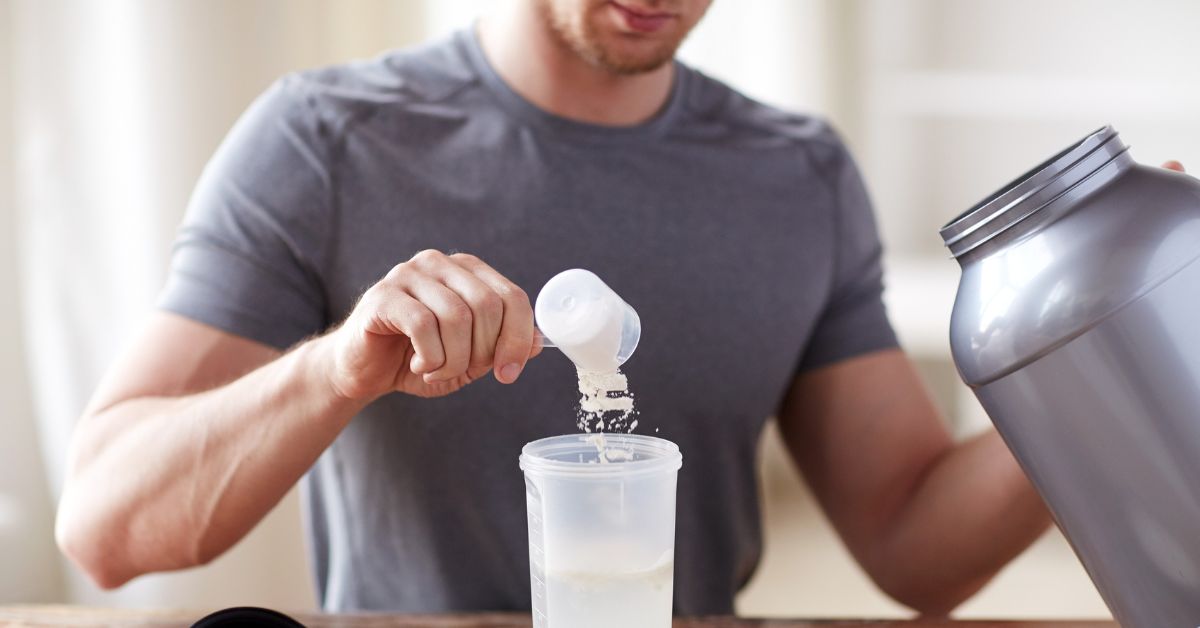While a lot of progress recovering from the side effects of a stroke is typically seen in the first few months, full stroke recovery can take years. This not only makes the post-stroke experience physically taxing, but it is also emotional. While the road can be long, there are five stroke recovery tips anyone can follow to see improvement faster.
Tips to make stroke recovery easier
Stroke recovery differs based on the type of stroke you experienced, the severity of the stroke and the areas of the brain it affected. Additionally, recovery plans for each stroke should be customized to an individual. As you recover from a stroke, consider these recommendations to improve your experience.
- Prioritize a healthy lifestyle: Physical activity and exercise are now more important than ever to minimizing risk factors, such as high blood pressure. Adding even a quick walk to your daily activities can make a big difference in building a strong heart and helping prevent additional strokes. Maintaining a healthy diet also plays a large role, so try to focus on fruit- and vegetable-rich meals and foods that are good for your heart. If you have any questions about making changes to your diet, you should talk to your doctor.
- Measure physical progress: Stroke survivors are expected to make measurable functional gains every week in mobility, communication and daily living skills. It is important both the positive progress as well as falls are noted. Falls are common and can be minor or cause additional injury. If falls occur more than two times within six months, physical therapy may be needed.
- Measure emotional progress: Depending on the part of the brain that the stroke affected, changes in a person’s emotions might occur. Many stroke survivors have a difficult time controlling their emotions, and 30 to 50 percent develop some sort of depression. Make sure your stroke rehabilitation is focused on treating both your mind and body rather than just the physical symptoms.
- Build a solid support system: A stroke survivor might need help doing things they used to do or relearning new ways to accomplish these tasks. For many stroke survivors, this is a frustrating experience. Feeling heard, supported and hopeful are all important parts of progress. Joining a support group with other stroke patients can help you feel a sense of community throughout the recovery process.
- Regular visits with your doctor: Seeing your doctor regularly and engaging in helpful two-way conversations allows doctors to monitor recovery, and vital signs as well as provide additional recommendations, such as seeing a specialist if needed. You may need to add working with a physical therapist or occupational therapist to your care team in order to achieve long-term improvement.
Stroke is a very serious condition, which makes knowing the stroke warning signs especially important. People who have had a stroke are significantly more likely to suffer from another, so minimizing your risk factors and being able to recognize the symptoms improves your chances of making a full recovery.
Learn more about the stroke care services we provide at Mercy Health.






